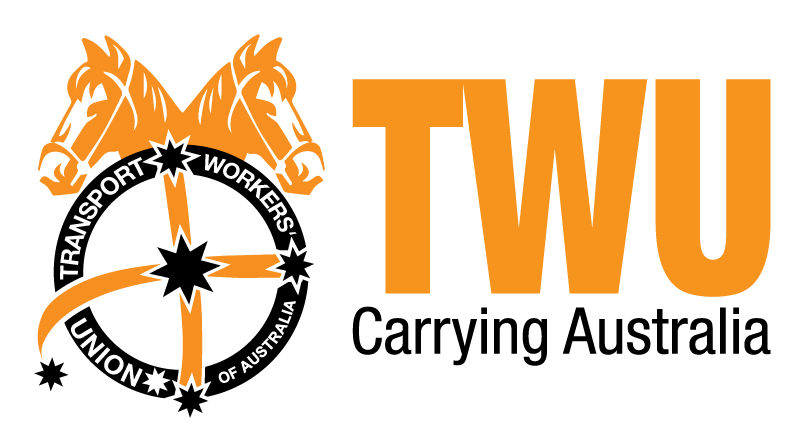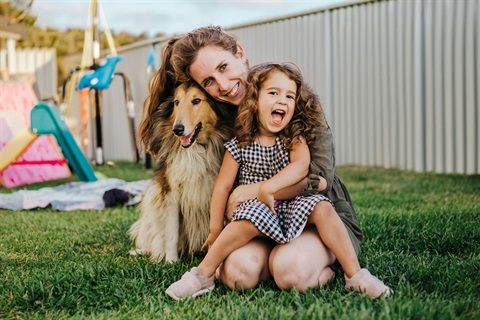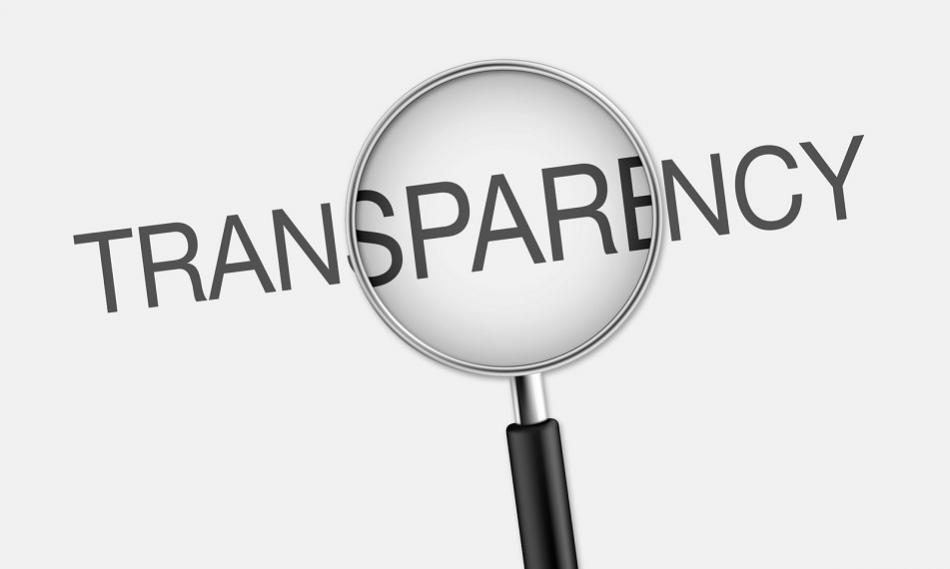The Saints and Swans are set to meet on neutral ground when they collide at the Gabba in Round 9, but the message the game sends is very much owned by both clubs.
It has been five years since the first historic AFL Pride Game was held, believed to be the first match of its kind in professional sport worldwide.
Designed to promote inclusion in sport and ensure the LGBTIQ+ community feels welcomed at the footy, the game and its colourful backdrop have become one of the highlights on the football calendar.
Just as this week’s clash marks five years of the Pride Game, it also celebrates five years of an important partnership between VicHealth and the Saints.
The two organisations have worked together to address worrying research that shows members of the LGBTIQ+ community have traditionally felt unwelcome in mainstream sport and are more likely to experience mental ill-health than the wider community.
VicHealth CEO Dr Sandro Demaio said the Pride Game is an important date in the AFL calendar each year.
“We want everyone to feel comfortable and welcome at the footy, regardless of their sexuality. Elite sport has an important role to play in setting an example and sending the message to the entire nation that homophobic attitudes in sport are completely unacceptable,” Dr Demaio said.
“VicHealth is immensely proud of its five-year history with Pride Game and St Kilda Football Club. We’re delighted that this year’s match can go ahead at the Gabba, and we’re urging fans across the country to don rainbow attire while watching the match from home in support of the LGBTIQ+ community.”
St Kilda CEO Matt Finnis said this week was be a chance to reflect on a five-year journey that added to much to the football club.
“Not only is this week’s game a chance to reaffirm our commitment to both promoting inclusion in sport and the LGBTIQ+ community, but it allows us to reflect on the strength of the relationships and partnerships we have built,” Finnis said.
“I am certain that the people we have met and learnt from, and the organisations such as VicHealth we have worked alongside, have ultimately made us a better football club.
“A lot has happened in the past five years, but the core message remains the same. We still have a lot of work to do to ensure that football truly is a place where everyone feels safe to be themselves.
“Unfortunately, research shows that suicide rates among members of the LGBTIQ+ community are still far higher than those in the wider community, and we are committed to working with VicHealth to promote inclusion, which we know can have a powerful impact on people’s mental health.
“We know the entire community is confronting unforeseen challenges through the current global pandemic, but research shows this impact is even more severe on the LGBTIQ+ community.
“It’s an important time for us to send a message that everyone has the right to feel a sense of belonging. Playing the game in Queensland gives us an opportunity to take this message to a whole new audience.”
While the annual AFL Pride Game continues to set an example at the top level, behind the scenes, Pride Cup Australia continues to amplify the message at grassroots level.
The original AFL Pride Game stemmed from the work of Jason Ball and the Yarra Glen Football Club, who initiated the 2014 Community Pride Cup.
Since then, hundreds upon hundreds of Pride Games have been held across all sports, with Victorian football and netball clubs playing a leading role.
Finnis said the unfamiliar location for the game shouldn’t detract from the message it sends.
“We know our fans and those who support the Swans would love to be at the game with their rainbow scarves and flags, but we are encouraging them to come together on Zoom or other digital platforms to celebrate pride and use the hashtag #PrideGame.
“As is the case with so many parts of daily life under COVID-19 restrictions, we will find new ways to celebrate Pride.”








